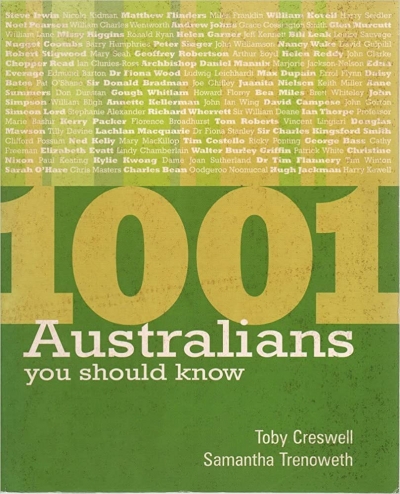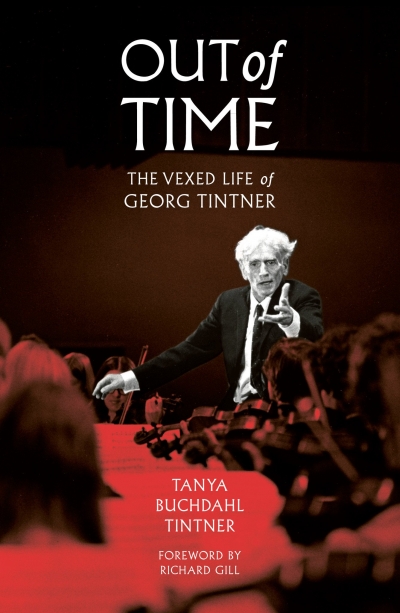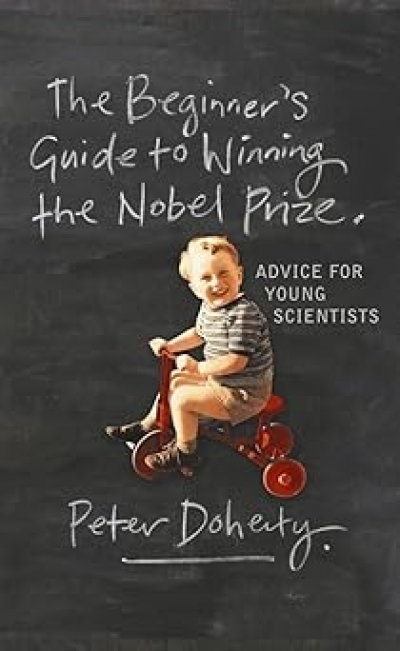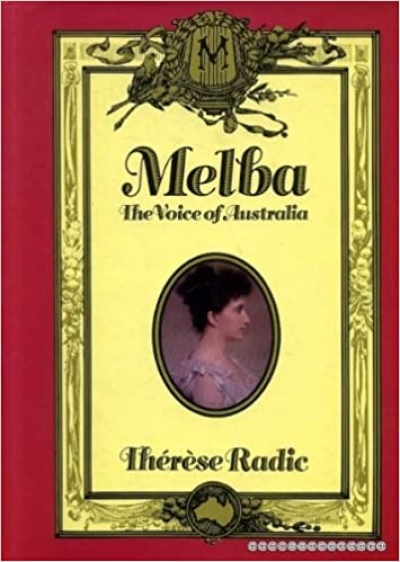John Carmody
1001 Australians You Should Know edited by Toby Creswell and Samantha Trenoweth
Out of Time: The Vexed Life of Georg Tintner by Tanya Buchdahl Tintner
Delights and jolts
Dear Editor,
ABR is always engaging, even when one disagrees with the thrust or standpoint of particular reviews, but surely the May issue is the most brilliant ever. An edition which has a poet (Peter Rose) reviewing David Malouf’s new novel, Brian Matthews on Henry Lawson, Elizabeth Webby on Xavier Herbert, and Robert Phiddian on Penny Gay’s monograph about Shakespearean comedies, has to be special, thoroughly deserving of the endorsements of literary luminaries with which ABR has promoted itself over the years. In fact, a writer who, as Dr Phiddian did, can use the phrase ‘industrial-strength literary-criticism’ in his first paragraph and one of my favourite words, ‘rebarbative’, in his second, has my unremitting admiration. And I haven’t yet mentioned the appearance of John Burnheim and Ian Britain on the Letters page.
... (read more)The past is in Scotland
Dear Editor,
Christina Hill’s review of Peter Goldsworthy’s latest novel, Everything I Knew (November 2008), seems sure-footed in both its negative assessment of an ‘overwrought, undisciplined’ work and its appreciation of the novel’s compositional play, both intricate and subversive, with L.P. Hartley’s The Go-Between. It makes no mention, however, of the novel’s pointed intrigue with lyricism.
... (read more)Dear Editor,
Brian Matthews makes an eloquent defence of Manning Clark’s Kristallnacht fantasy, but I was surprised to find myself being drafted as a witness simply because I once said that autobiography is ‘a lying art’ (May 2007). Actually, I can’t remember ever having used quite those words, but, as Brian Matthews well argues, memory plays tricks.
... (read more)Stickers on a rotten apple
Dear Editor,
In his review of Angela Bennie’s anthology of hostile Australian reviews, Peter Rose is correct when he surmises that ‘we tend to exaggerate the number of severe reviews’ (September 2006). I think that, generally, Australians do not like disagreement; they prefer to ‘keep the peace’, and this is mostly true of our critics also.
The really troubling aspect of Crême de la Phlegm: Unforgettable Australian Reviews (apart from the clear assumption of its subtitle that it is only adverse reviews which are ‘unforgettable’) was a comment in Bennie’s introductory essay. At least on my reading, she appeared to generalise that our critics are ‘philistines’. Many maybe, but I’d rather not call them critics.
... (read more)







